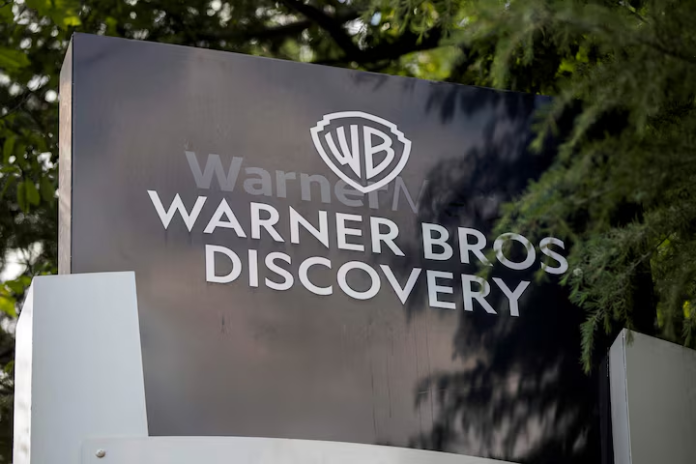In a seismic restructuring of its $43 billion media empire, Warner Bros Discovery (WBD) announced on Monday its formal separation into two standalone publicly traded entities, Reuters reported.
The move marked a strategic retreat from the conglomerate model dominating Hollywood for decades. The tax-free transaction, slated for completion by mid-2026, will cleave the company into Streaming & Studios (housing HBO, Warner Bros film/television, DC Comics, and HBO Max) and Global Networks (encompassing CNN, TNT Sports, Discovery’s cable channels, and digital platforms like Discovery+).
The split acknowledges fundamentally divergent futures for its assets. Streaming & Studios—led by current CEO David Zaslav—will pursue global subscriber growth and content supremacy, leveraging Warner’s “unmatched library of beloved IP” and HBO Max’s expansion into new markets through 2026. Meanwhile, Gunnar Wiedenfels (current CFO) will helm Global Networks, focusing on maximising cash flow from linear television’s “industry-leading margins” while navigating structural decline.
Crucially, Global Networks will retain up to 20% of Streaming & Studios, using future stake sales to slash debt, a financial engineering move mitigating the burden on both entities. The split is bankrolled by a $17.5 billion bridge facility from J.P. Morgan, funding immediate debt restructuring via tender offers.
The move crystallises a broader industry pivot. Like Comcast’s recent spin-off of MSNBC and CNBC into “Versant,” WBD isolates its high-growth streaming arm from cable networks facing secular erosion. Bank of America analyst Jessica Reif Ehrlich notes WBD’s cable assets could become a “very logical partner” for Comcast’s new entity.
For Zaslav, the split culminates a three-year integration struggle following the troubled WarnerMedia-Discovery merger. His statement frames the divorce as liberation.
By operating as two distinct and optimized companies in the future, we are empowering these iconic brands with the sharper focus and strategic flexibility they need to compete most effectively in today’s evolving media landscape.
Yet challenges loom, as Streaming & Studios must hit ambitious targets like $3 billion annual EBITDA, whereas Global Networks grapples with cord-cutting despite reaching 1.1 billion viewers globally.
